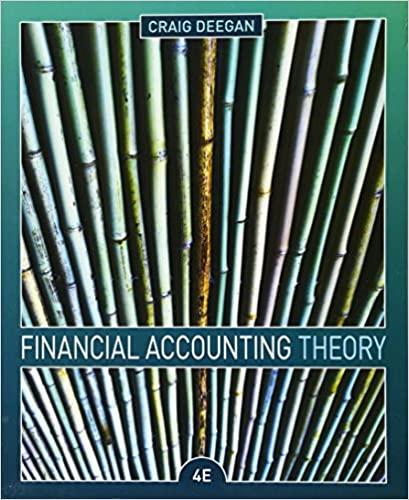Organisations need various resources to operate. Two such resources are labour and equity capital. Providers of labour
Question:
Organisations need various resources to operate. Two such resources are labour and equity capital. Providers of labour and equity capital receive payments in return for their resources. Payments to labour are often referred to as wages, and payments to shareholders are referred to as dividends.
Wages—which are a payment to one stakeholder group (employees)—are expenses which reduce profits, whereas dividends—which are a payment to another stakeholder group (owners)—are a distribution of profits and therefore do not reduce profits. Capital markets encourage organisations to maximise profits, which by implication puts pressures on organisations to reduce wages. At the same time, capital markets encourage higher dividend payments to owners.
(a) From a ‘critical perspective’ how would critical theorists view the fact that payments to one group (workers) is to be minimised but payments to others (owners) is to be maximised?
(b) Would critical theorists see this as an example of accounting practice advancing the interests of the owners over and above the interests of workers?
(c) How do you, personally, feel about the different accounting treatments relating to payments that are made to parties that are both considered as providers of necessary resources to an organisation?
Step by Step Answer:






